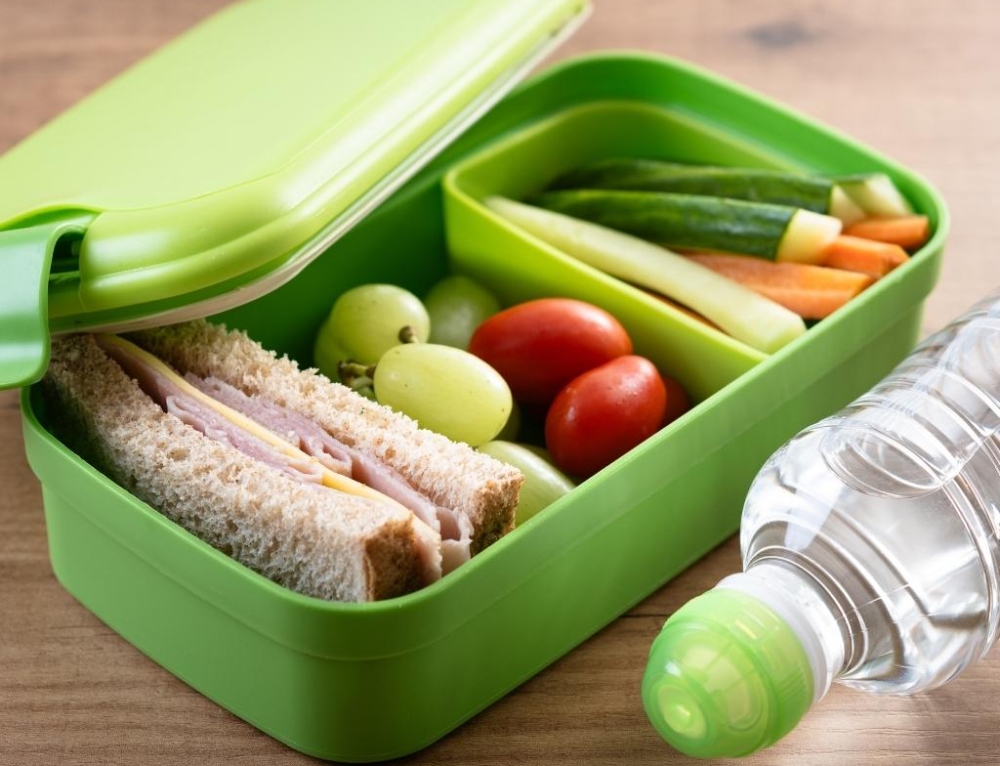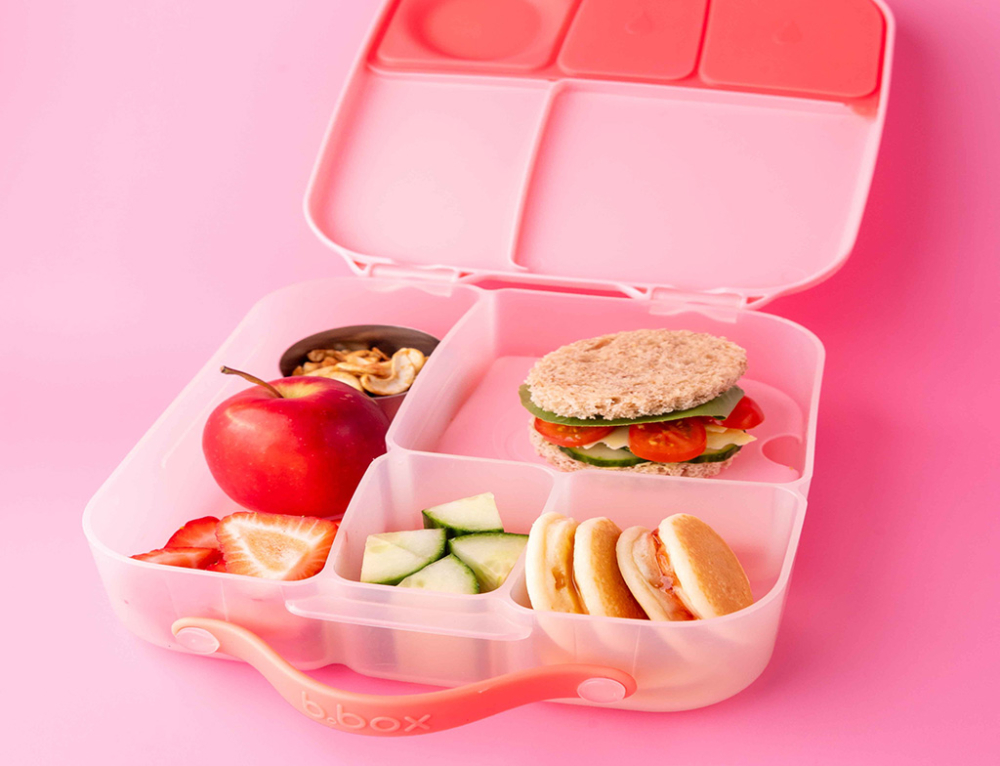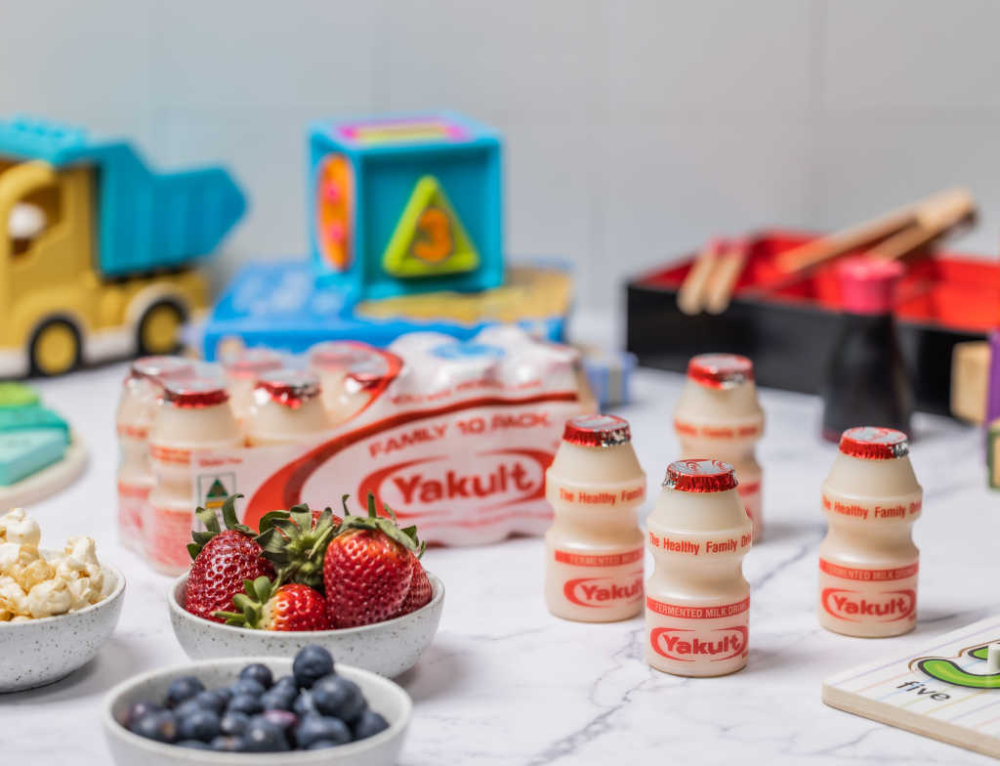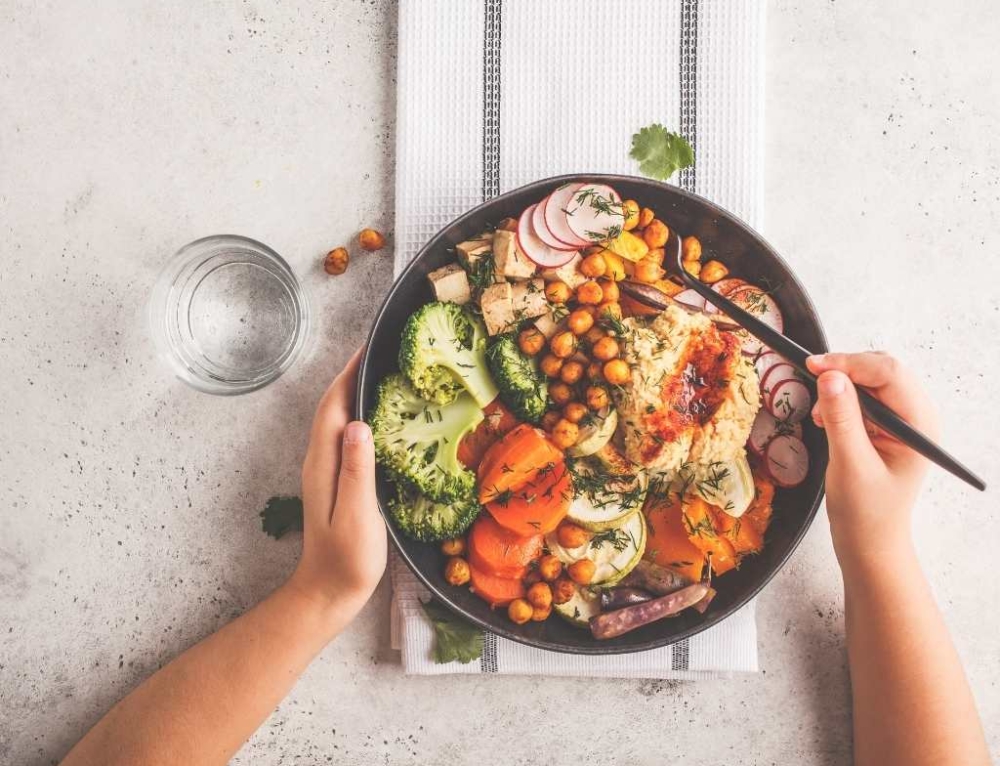Do you know how much you’re actually spending on your groceries? When you take into account all the extra trips you do for bread/milk/other forgotten items, you might be quite surprised!
A big chunk of our budget can go on groceries, but with a few simple tips and tricks, we can significantly reduce the amount we spend at the supermarket each week. Here’s how:
1. Snob the snacks
Eating less is probably the most obvious way to save money on food – many of use eat more than we should – but it’s hard to know where to cut back without starving yourself. Start by cutting back on snacks, which are responsible for the majority of our overeating and which also cost the most. Avoid the chippie and chocolate aisle altogether so you’re not faced with the temptation.
2. Write a list
And stick to it! You’ll be less likely to impulse-buy, and this step will also save you on midweek trips.
3. DIY veggies
Although it’s tempting to buy things ready-to-use, you’re paying for it. Chopping and washing your own vegetables will cut down on costs and stay fresher for longer.
4. Bulk buy
This is only one for the wise. It can save you a lot of money, but only if you have safe storage and are sure you’ll use it all before it goes bad.
5. Cut the waste
New Zealanders throw away an average of around $450 of food waste per year. You can prevent food wastage by being leftover-wise (can you freeze it or take it for lunch the next day?) and by only buying what you need, then storing it correctly.
6. Meal plan
Making a meal plan not only saves you money, but also preserves your sanity as you don’t need to figure out what’s for dinner each night. Cutting down on fast food or quick convenience meals will also be better for your health!
7. Drink water
Soft drinks and juices are expensive and unnecessary. Get into the habit of only drinking water at home and save the other drinks for a special occasion. This might even help with tip #1 as dehydration is often mistaken as hunger.
8. Try batch cooking
Preparing food in large quantities and freezing half or several other portions saves money by allowing you to buy in bulk and helping to avoid take-away when you haven’t got time to cook.
9. Extend your meals
Meat is one of the most expensive food items, so use less meat in each dish and bulk up instead by adding extra vegetables, beans or rice to your dishes.
10. Meat-free meals
An even cheaper option to save on expensive meat costs is to plan a couple of hearty vegetarian dishes once or twice a week. Go here for some great vegetarian dinner ideas.
11. Choose your cuts wisely
Mince is a cheap and versatile meat that’s popular with children. There are other cheap cuts, like chuck steak, osso bucco or chops, which taste delicious when slow cooked in stews and casseroles, like this inexpensive Slow cooker Irish stew.
12. Make your own
Prepared foods are among the highest-margin items in the supermarket. Making your own items such as dips like hummus or guacamole, spreads and pasta sauces can result in considerable savings.
13. Pay the right price
Start taking notice of grocery prices so you’re able to know when you’re getting a good deal or whether it’s worth going to another shop to get it for a cheaper price. Have a look at the supermarket catalogues and if something you use often is significantly reduced, consider buying multiple items, especially if it’s something that won’t go off.
14. Categorise the freezer
If you’re a batch-cooking whizz, you might have a large freezer packed with lots of food. To make sure you eat everything before it goes off, make a freezer inventory list that you keep in a folder beside the freezer. Include expiry dates if you know them, and check the freezer inventory list before you go the shops so you’re not buying things you already have.
15. Buy in season
If you buy fruit and vegetables that are in season, chances are you will be spending less money and your meals will taste far better.
16. Grow your own

if you have the space in your backyard or even a balcony, you can grow your own herbs and vegetables. Freeze any extra vegetables and herbs that you produce so you don’t waste any. Be sure to freeze any extra herbs that you buy in olive oil, as herbs are something that we usually end up having to buy far more of than we actually need.
17. Create a basics list
You’ve got a shopping list of the ingredients you need for dinner, but then when it comes to household staples are you relying on your memory? Keep a starter list of all the basics (cereal, cleaning items, bread, nappies, toilet paper), which you can check over before you leave home each week. It’s also a great place to start with your shopping list.
18. Shop online to avoid temptation
Utilising online grocery shopping (whether you get it delivered or pick up) is a great way to remove the lure of unnecessary purchases and stay on task. It’s also really easy to find the specials.
19. Choose your store wisely
Whether you do all your grocery shopping at a one of the main players, or just shop there for some of the basics then get your meat and veggies from the butcher and market, find out what works best for you. But remember, there’s no point getting cheaper vegetables if you have to drive half an hour out of your way to get them!
20. Shop by yourself
If you can in any way manage to leave the kids at home, do. Not only will you get the job done much faster, you’ll avoid the constant requests for additional items.
21. Eat before you shop
You spend more money when you are hungry, so make sure you’re not shopping on an empty stomach.
22. Take the empty fridge test
If you couldn’t get to the supermarket, could you make a meal using what’s already in the fridge (as well as the freezer and the pantry)? Give it a try – it’s a great way to use up fridge items that may soon be expiring.
23. Use home brands
While you may still prefer to use your favourite brands for some specific things, consider switching to house-brand for everyday staples such as milk, flour and sugar.
24. Shop late in the day
Chickens, bread and other items can be heavily discounted late in the day – perfect for buying and freezing until use. Different stores can have different times when they discount items, so ask yours when the best time to shop is.
25. Learn the tricks of the trade
Supermarkets have sneaky ways to make you spend more, such as placing the budget-priced items on the top and bottom shelves and the more expensive items at eye level. So look up and down for savings and don’t fall for the enticements on offer around the check-out … be strong!








I’ve been trying to do no.6 meal plans but it seems harder with a 3 year old, who can be picky on certain days. But the rest of the tips here I’ve used once or more. Haha I learned the hard way when I didn’t eat before I shop and lo and behold I see myself picking things that I don’t usually get coz of hunger pangs and it’s usually snacks.
Some great tips on here. The thing I do lately that has saved me both time and money (and is mentioned above)is when I get the vegetables home from the supermarket is to cut them up and have them ready for the week. This has saved me so many times. Especially when you get home late from sport and you wonder what on earth you are going to cook, you can usually find a protein in the freezer and I just through all the vegs onto the plate and we are ready to go, or better yet I serve them the vegs as a starter to fill them up whilst I cook something and they gobble down all the vegs without a single complaint! its also great for when the kids start browsing the pantry because they are hungry, you can just put the vegs on the plate and its healthy but also filling. I do my best to meal plan and I love it when I do but for some reason it so hard to get motivated and start making the list. Its like exercise, I don’t want to do it but once I do I love it.
These are some great tips, many of them I already follow. I like to shop early in the morning because all of the reduced meat is put out then, it’s still fine, just freeze it or use it straight away. I always meal plan and write a list of what I need before I go shopping, I also check the mailers to see what is on special and incorporate the specials into my meal plans
A list is a great way to cover everything you need and so you don’t forget things. We find a lot of our groceries are the budget/pams brand as this is often cheaper HOWEVER the trick with shopping the budget brands is to also check out the other brands as well as sometimes they are on a super special which makes them cheaper than the normally cheaper alternative. I buy bulk packs of meat then repack into smaller packets for the freezer. Baking your own items can also be cheaper, fresher and nicer than bought items. A lot also comes down to knowing how to make something from nothing in the kitchen – there are courses out there (I believe free through the doctors) that teach people how to cook good,nutritional meals for families which I think is a great thing.
Many of these tips I already cover as I would consider myself quite the frugal shopper at times. Sometimes I can’t avoid having to take the children but I do enjoy the trip more without them, despite the fact they are really good and never ask for anything. I never shop with my hubby though as he is a glutton!
Not shopping when hungry or tired is good. We also find meal planning a huge help as there is not so much food wastage.
These are great tips and tricks. I always have a list without fail. I can’t say I always go by the list but majority of the time I do because I have a budget to spend and I refuse to spend over that amount each week. I only buy treats if we have spare money.
I write a list every week and get what’s in the list and sometimes get extras but try not too. We make all our meals up and over summer have the vegetable garden which I try do lots of Veges to blanch and freeze for over winter so save that way. I love just walking out to the garden and knowing it’s so fresh. Making sure you are not hungry when shopping is a big thing or thirsty as well I have occasionally bought things this way that I don’t need.
We live in the centre of town so the supermarket is only 5 mins walk away – you would think dangerous but we are on 1 wage so have a strict budget. We buy almost all of our fruit and vegetables from the Farmer’s Market on a Sat morning, seasonal of course. We also buy some meat from there too and don’t really need to do trips during the week (unless of course I want a treat or something haha). Stick to the outside aisles of the supermarket too, keep away from the middle! 🙂
I write a list. Try not to go shopping until after dinner. Try to stick with good quality but cheap cuts of meat. I do American hotdogs one night. Homemade burgers another. Tacos with mince. Pasta bake with bacon. All pretty cheap meals and family pleasing too. I do also try to stick to homebrands but only if they have proven themselves no less quality. Some are just as good, but I have had some really sub standard off brand items.